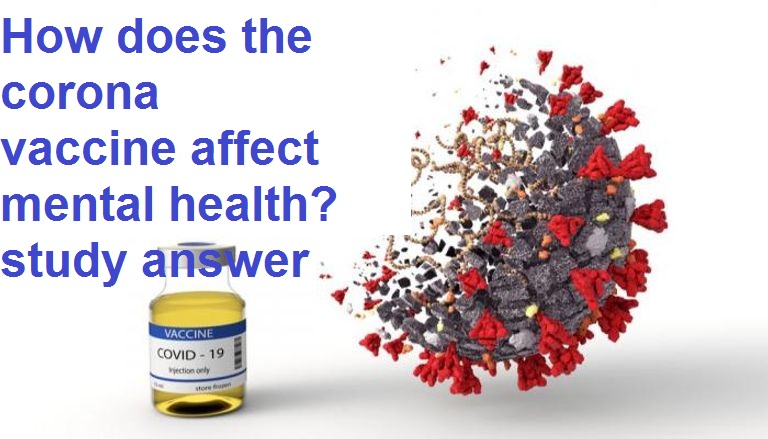How do you take care of your mental health? Top 10 Tips (1)
The World Health Organization defines it as “a state of well-being in which an individual realizes his or her own capabilities, can handle the normal stresses of life, can work productively and productively, and is able to contribute to support
** 10 Practical Ways MentalHealth To Take Care Of Your Mental Health **
1- Talk about your feelings
Talking about your feelings can help you stay mentally healthy and deal with times when you feel turbulent.
Talking about your feelings isn't a sign of weakness. It's part of taking charge of your health and doing everything you can to stay healthy.
********************
best sweatshirts for kids
***********************
Talking can be a way to work around a problem you've been holding in your head for a while, and just listening to you can help you feel supported and less strident.
2- Stay active
Experts believe that exercise releases chemicals in your brain that make you feel good, and regular exercise can boost your self-esteem and help you focus, sleep and feel better.
Exercise also keeps your brain and other vital organs healthy
Exercising doesn't just mean going to the gym. A walk in the garden, gardening or housework can also keep you active.
Experts say most people should get about 30 minutes of exercise at least 5 days a week
3- Eat well
There are strong links between what we eat and how we feel, for example, caffeine and sugar can have an immediate effect.
But food can also have a long-term effect on your mental health, as your brain needs a mix of nutrients to stay healthy and function well, just like other organs in your body.
4- Stay away from alcohol
Some people drink alcohol to deal with fear or loneliness, but the effect is only temporary. When the drink wears off, you feel worse because of the way alcohol withdrawal symptoms affect your mind and the rest of your body, so drinking isn't a good way to deal with difficult feelings.
Regardless of the damage too much alcohol can do to your body, you will need more and more alcohol each time to feel the same short-term boost.
5- Communicating with close people
Strong family ties and supportive friends can help you deal with life's stresses. For example, friends and family make you feel included in their care.
They can offer different perspectives on everything that's going on inside your head, and they can help keep you active and help you solve practical problems.
It's worth getting into relationships that make you feel loved or appreciated, but if you think being with someone is detrimental to your mental health, it may be best to stay away from them.










